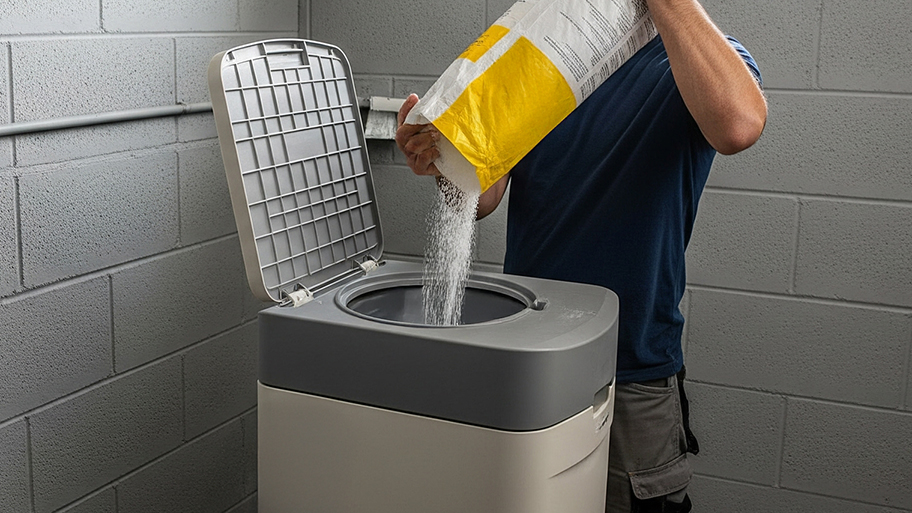
How much a water softener costs depends on your home’s size, and the system’s type and capacity. Our expert guide explores all the price factors.
Are you team potassium, or do you support sodium?


You’ll need 25% more potassium chloride than sodium chloride to soften water.
Health conditions, like hyperkalemia or hypertension, may require you to avoid certain salts in your water softener.
Sodium chloride costs $5 to $10 per 40-pound bag.
Potassium chloride costs $50 to $70 per 40-pound bag.
Water softener salts play an important role in delivering water to your home that won’t leave behind pesky limescale buildup. But when you head to the store for a salt refill, you’ll notice two major types on the shelves: potassium chloride and sodium chloride. Which one are you supposed to use? Find out the major differences between potassium chloride versus sodium chloride water softener salts to determine which is right for your household.
Both types of water softener salts work in the same way, but the biggest differences between the two are their costs, performance, and health impacts. Potassium chloride is not quite as efficient as sodium chloride and costs more, but it’s a good option for people trying to limit their sodium intake.
| Type of Difference | Potassium Chloride | Sodium Chloride |
|---|---|---|
| Performance | Needs 25% more salt | More effective with less |
| Taste | Salty, metallic | Salty |
| Sourcing | Extract | Extract, evaporation |
| Sustainability | More sustainable | Less sustainable |
| Health | Hyperkalemia risks | Hypertension risks |
| Cost (per 40-lb bag) | $50–$70 | $5–$10 |
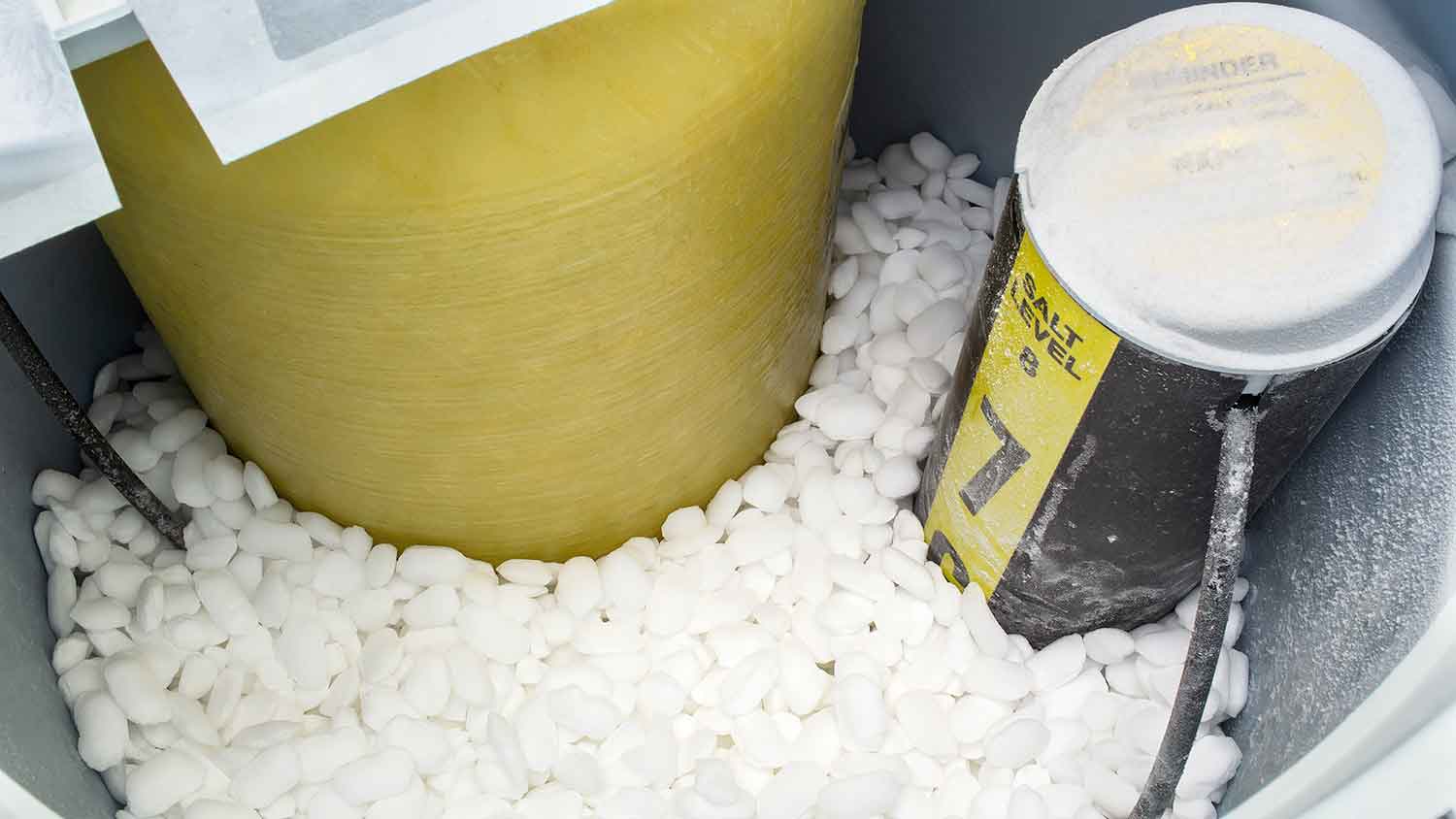
Although a water softener can use potassium chloride or sodium chloride to soften water, you’ll find that you may need to use about 25% more potassium chloride to soften the same amount of water as sodium chloride.
Regardless of what salt you use, if your water softener isn’t effectively softening water and leaves behind limescale on faucets and hard water stains on your dishes, hire a local water softener pro to inspect your unit and make any necessary repairs or replacements.
Sodium chloride can leave behind a slightly salty taste in the softened water when compared to hard water. Similarly, water softened with potassium chloride may also have a somewhat saline taste, but it can also have a mild metallic taste.
Water softener salt crystals or pellets, whether they’re potassium chloride or sodium chloride, are most often sourced through extraction. For sodium chloride, you can also find solar salt, which is a high-quality water softener salt made by using solar power to dry out seawater for the salt it leaves behind. This is one of the purest types of water softener salts, with 99% purity.
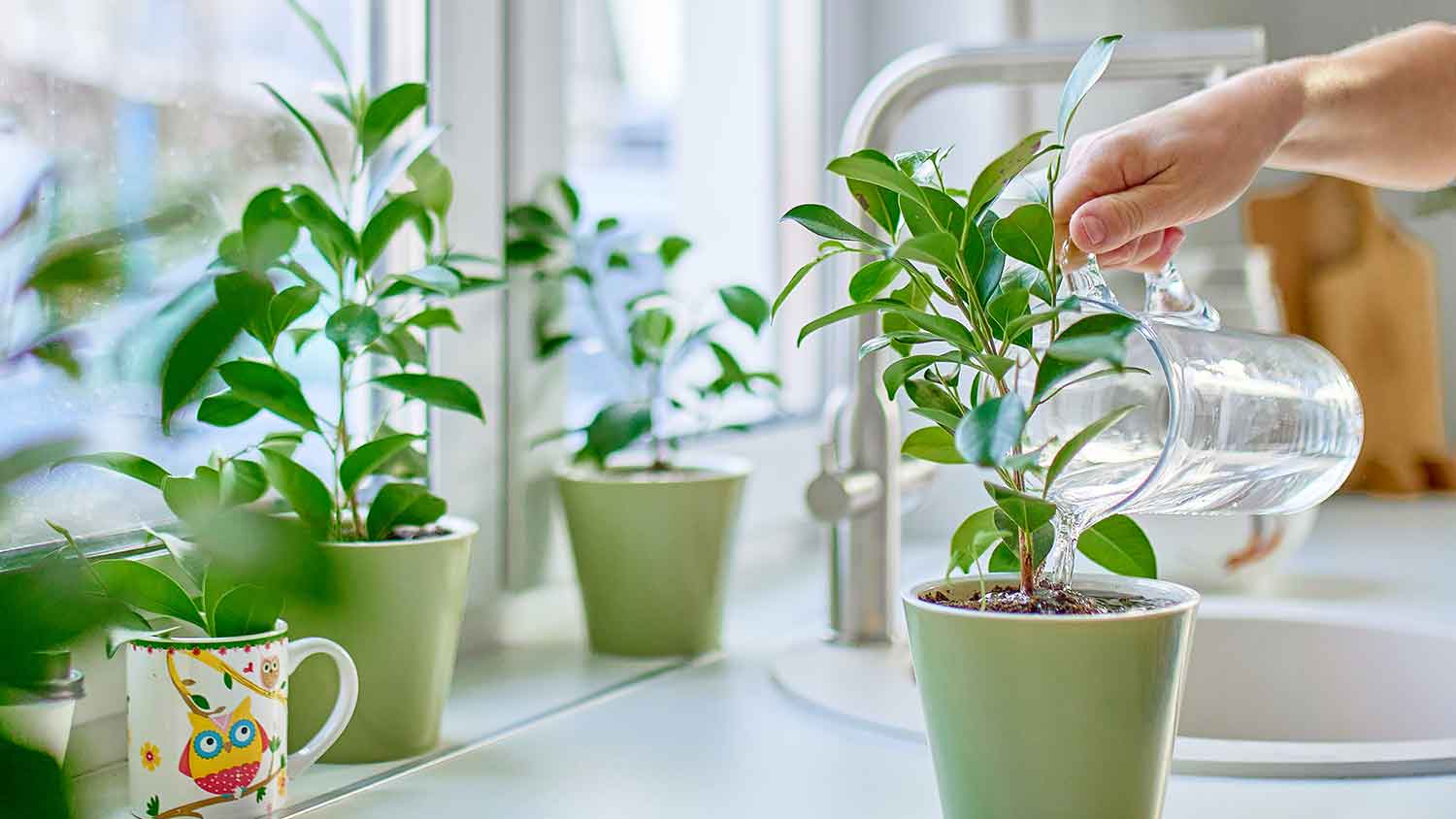
Potassium chloride offers some eco-friendly credentials over sodium chloride. That’s because potassium chloride can be beneficial to plants, making any wastewater more useful and slightly more sustainable. However, because solar sodium chloride salts can be produced using solar power, they may be a better choice for eco-minded homeowners.
If you have any health concerns, you should talk with your doctor about how your softened water could impact those conditions. Potassium chloride water softener salt is popular for people with hypertensive disorders or other conditions that require restricted sodium intake.
But that doesn’t mean potassium chloride is right for everyone. Potassium is essential for humans, but some people can have too much potassium in the blood, a condition known as hyperkalemia. People with kidney disease, diabetes, or other health concerns may need to avoid using potassium chloride for their water softeners. Again, talk to your doctor before deciding on the best product for your water softener.
For budget-conscious homeowners, there is a major difference in costs between potassium chloride versus sodium chloride water softener salts. Sodium chloride products cost $5 to $10 per 40-pound bag, while potassium chloride salts cost $50 to $70 per 40-pound bag. Plus, keep in mind that you’ll need to use more potassium chloride.
DevArt8 Construction did an excellent job remodeling my bathroom. Tiles, worktops, and cabinets are well done and of good quality. The fixtures were installed properly. Finished on time. I am impressed, and I would definitely recommend them for any remodeling project!
Very reliable would 100% recommend them to anybody looking for work!!!
They made it 100 percent⠦⠦ the water drains,, away from the property⠦.. zero puddles..
Good. I have used them for several times for the past 12 years. Moreover, I would definitely use them again and recommend them to anyone.
I have to say I am really disappointed....disappointed that I can not give this man Michael Rahman 10 out of 10 stars. To be honest I already had a painter who I had been working with for about 5 years, maybe a little more. Then one day, seemingly out of nowhere, Michael knocked on my door to...
I had terrible water damage due to a flood in my master bath. They did an amazing job, including working with the city on permits and approval. We also used them for some basic upgrades in the kitchen (tile and counters) and flooring. Heidis team was amazing. Trustworthy, on time, well priced...
They did an exterior faucet and replaced the turn handle. They also came right out when I needed my toilet fixed after it was leaking.They are really nice. Brian has worked with me and is very professional and courteous. They send discounts from time to time and have also replaced an old...
All I can say is that it that it is my experience that is VERY difficult to get reliable high quality work performed in Tucson and it is never an easy process. As for the work this company performed, I had hired other contractors to get this work done and they charged me money and did the...
The installation went smoothly, they were on time and professional. The water heaters work great and we've had no issues. The recirculating pump did not work, but the owner has been very responsive about coming back out to troubleshoot the problem. The problem has not yet been resolved,...
Andrew Gray, the owner, responded promptly to my inquiry and was able to schedule the installation within three weeks. His crew did a professional job, arrived early each day, and worked diligently throughout the day. This was a fairly complex installation due to the difficulty in getting to...
From average costs to expert advice, get all the answers you need to get your job done.

How much a water softener costs depends on your home’s size, and the system’s type and capacity. Our expert guide explores all the price factors.
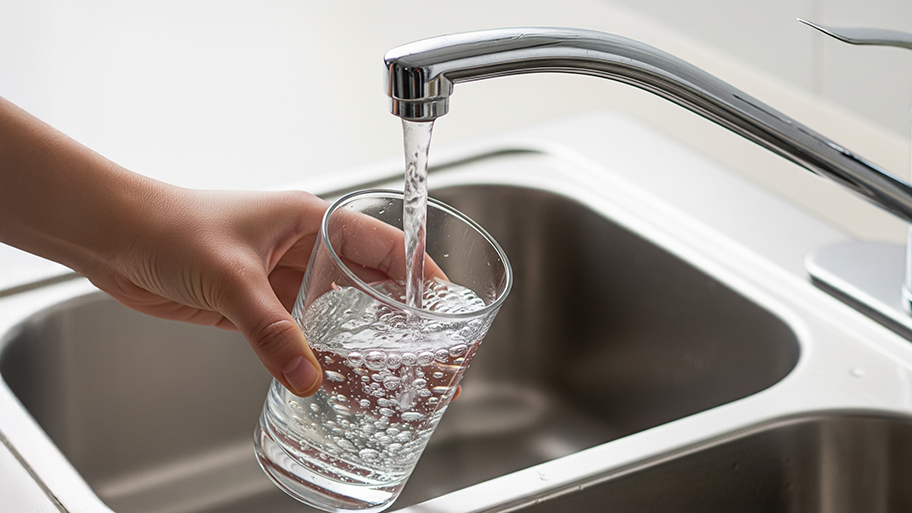
On average, a reverse osmosis water filter costs around $2,200, but there are a few variables that impact the total price. Learn about them in this guide.
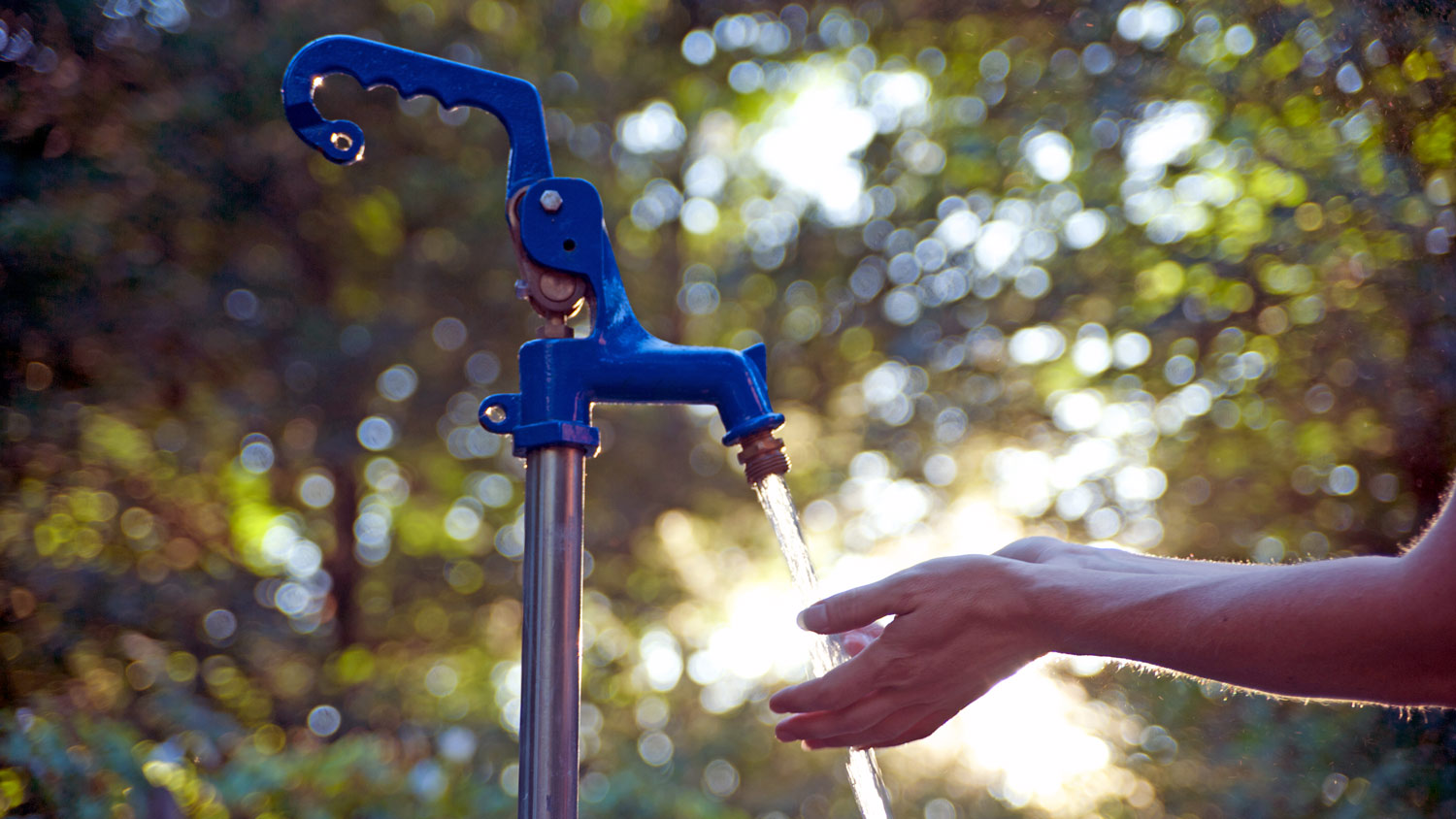
Discover how much well water treatment systems cost, including installation, maintenance, and tips to save. Get expert insights to plan your water system project.

Need to soften the water coming into your home? Use this guide to check if your house is pre-plumbed for a water softener to make the process a little easier.

What is hard water? It contains high levels of minerals that dry skin and hair, stain dishes and clothes, and limit the life span of plumbing and appliances.

No one likes that white buildup in the shower and on their cookware. Will a whole-house water filter remove the scale? We'll show you what to expect.